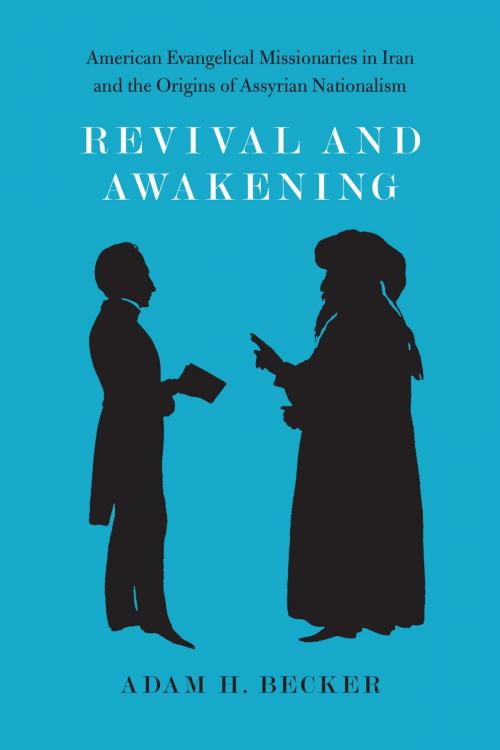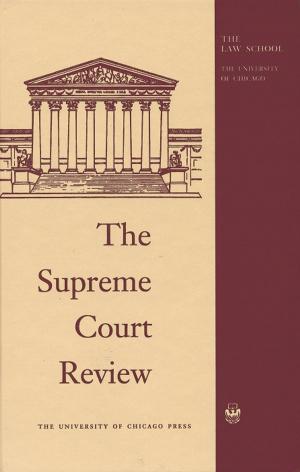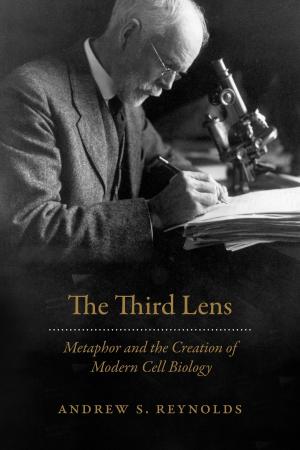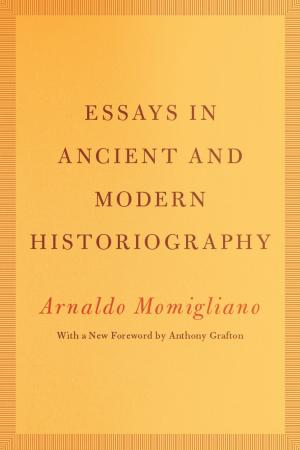Revival and Awakening
American Evangelical Missionaries in Iran and the Origins of Assyrian Nationalism
Nonfiction, Religion & Spirituality, Christianity, Church, Church History, History, Middle East| Author: | Adam H. Becker | ISBN: | 9780226145457 |
| Publisher: | University of Chicago Press | Publication: | March 11, 2015 |
| Imprint: | University of Chicago Press | Language: | English |
| Author: | Adam H. Becker |
| ISBN: | 9780226145457 |
| Publisher: | University of Chicago Press |
| Publication: | March 11, 2015 |
| Imprint: | University of Chicago Press |
| Language: | English |
Most Americans have little understanding of the relationship between religion and nationalism in the Middle East. They assume that the two are rooted fundamentally in regional history, not in the history of contact with the broader world. However, as Adam H. Becker shows in this book, Americans—through their missionaries—had a strong hand in the development of a national and modern religious identity among one of the Middle East's most intriguing (and little-known) groups: the modern Assyrians. Detailing the history of the Assyrian Christian minority and the powerful influence American missionaries had on them, he unveils the underlying connection between modern global contact and the retrieval of an ancient identity.
American evangelicals arrived in Iran in the 1830s. Becker examines how these missionaries, working with the “Nestorian” Church of the East—an Aramaic-speaking Christian community in the borderlands between Qajar Iran and the Ottoman Empire—catalyzed, over the span of sixty years, a new national identity. Instructed at missionary schools in both Protestant piety and Western science, this indigenous group eventually used its newfound scriptural and archaeological knowledge to link itself to the history of the ancient Assyrians, which in time led to demands for national autonomy. Exploring the unintended results of this American attempt to reform the Orient, Becker paints a larger picture of religion, nationalism, and ethnic identity in the modern era.
Most Americans have little understanding of the relationship between religion and nationalism in the Middle East. They assume that the two are rooted fundamentally in regional history, not in the history of contact with the broader world. However, as Adam H. Becker shows in this book, Americans—through their missionaries—had a strong hand in the development of a national and modern religious identity among one of the Middle East's most intriguing (and little-known) groups: the modern Assyrians. Detailing the history of the Assyrian Christian minority and the powerful influence American missionaries had on them, he unveils the underlying connection between modern global contact and the retrieval of an ancient identity.
American evangelicals arrived in Iran in the 1830s. Becker examines how these missionaries, working with the “Nestorian” Church of the East—an Aramaic-speaking Christian community in the borderlands between Qajar Iran and the Ottoman Empire—catalyzed, over the span of sixty years, a new national identity. Instructed at missionary schools in both Protestant piety and Western science, this indigenous group eventually used its newfound scriptural and archaeological knowledge to link itself to the history of the ancient Assyrians, which in time led to demands for national autonomy. Exploring the unintended results of this American attempt to reform the Orient, Becker paints a larger picture of religion, nationalism, and ethnic identity in the modern era.















